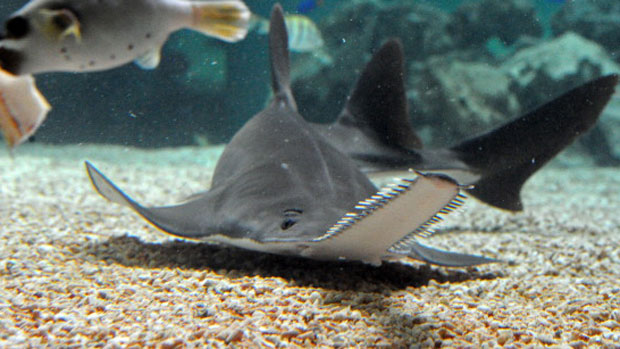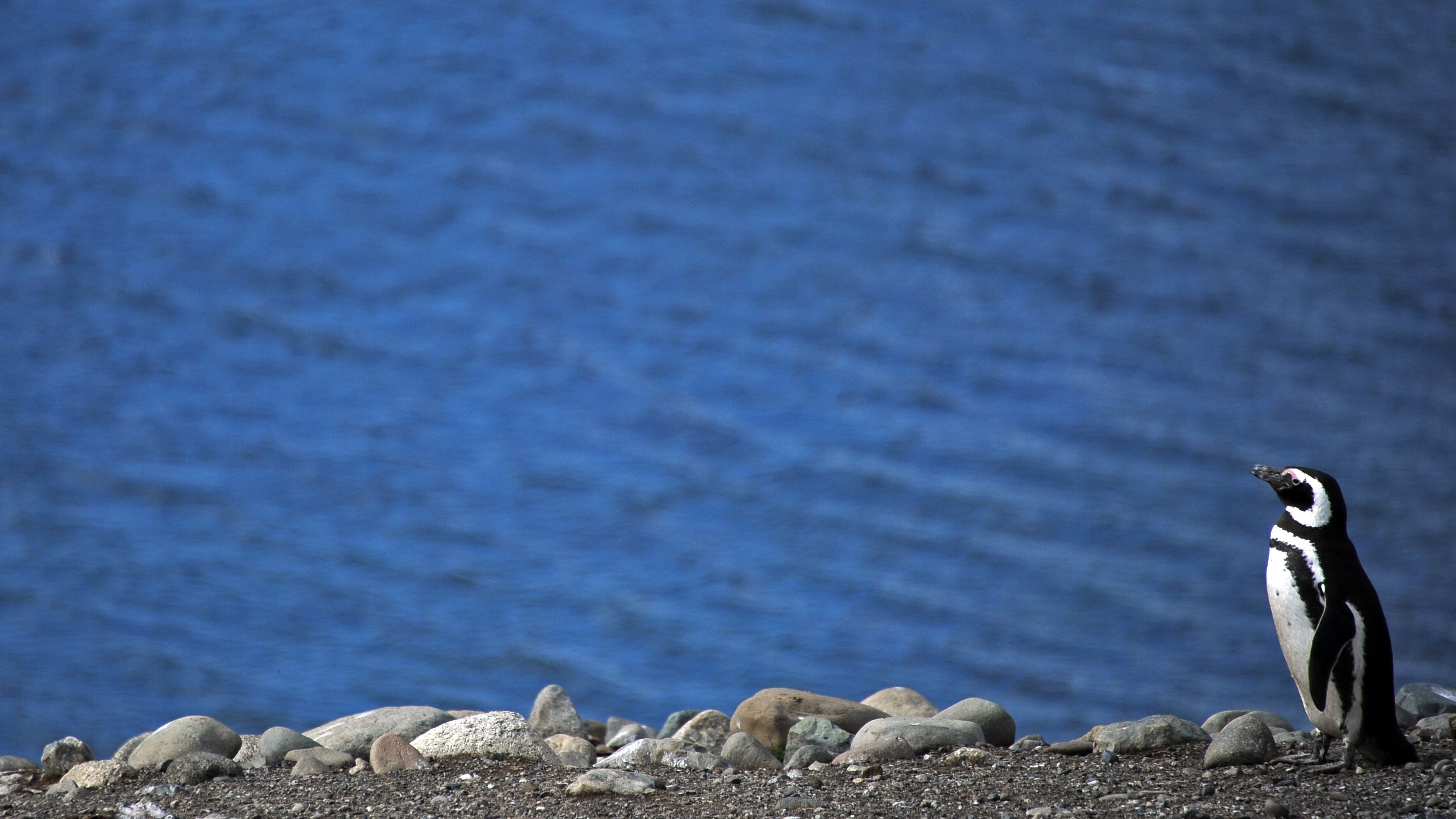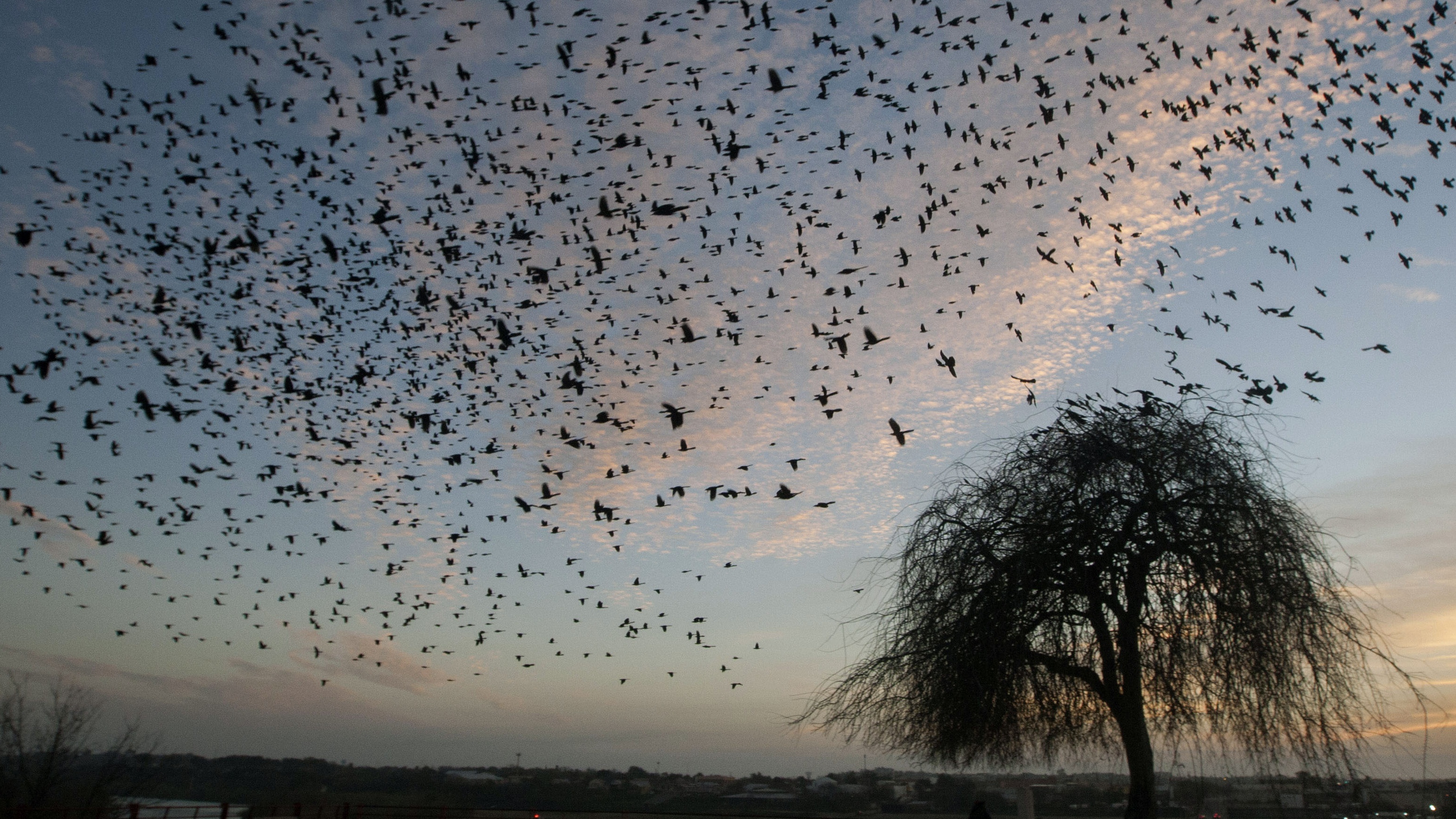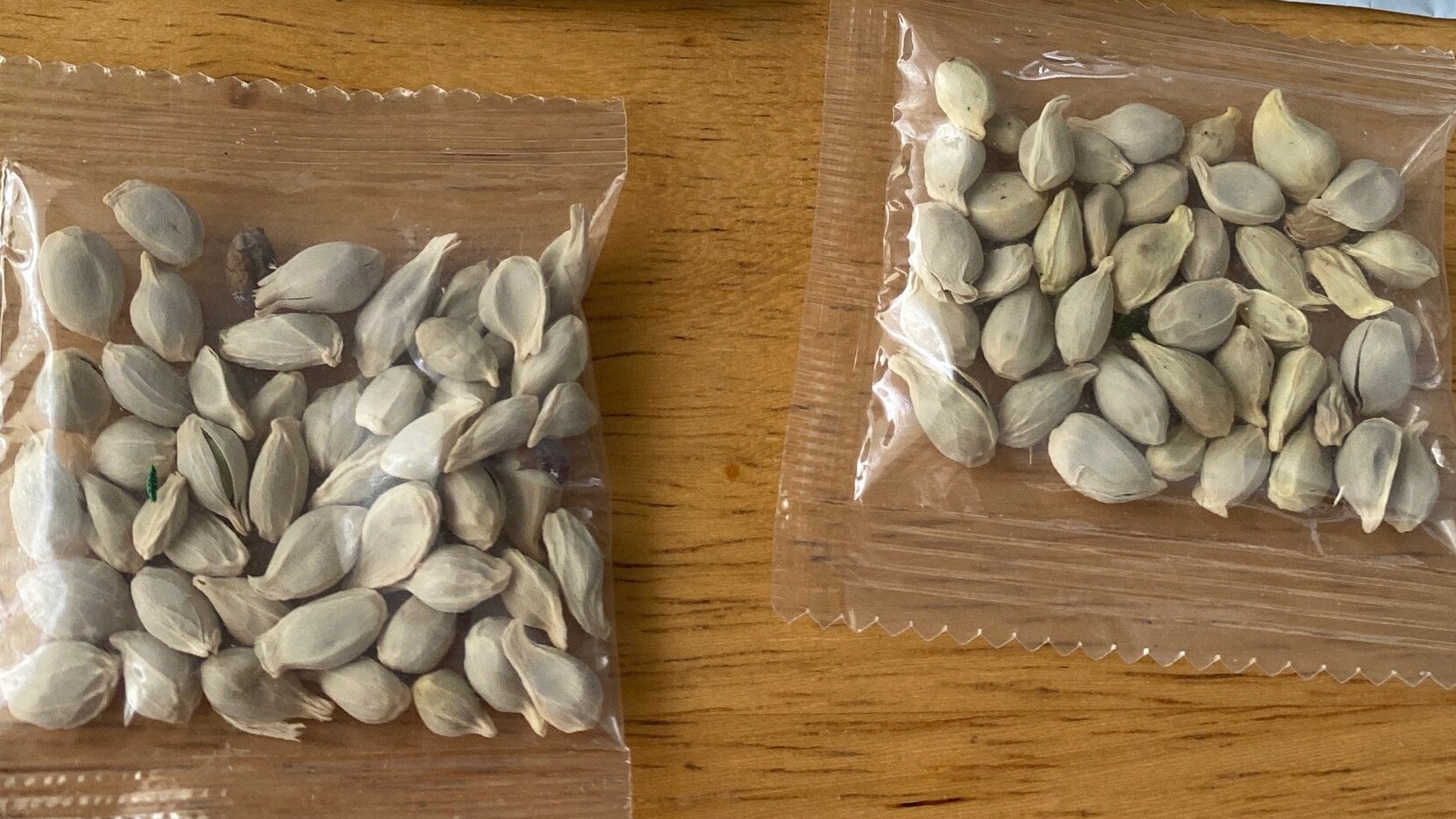Fish that breed without males 'could rewrite biology textbooks'
Critically endangered sawfish may have evolved to reproduce without males in order to escape extinction

A free daily email with the biggest news stories of the day – and the best features from TheWeek.com
You are now subscribed
Your newsletter sign-up was successful
Scientists have discovered that female smalltooth sawfish are able to breed without a male partner, the first evidence of asexual reproduction in vertebrates in the wild.
The critically endangered fish normally reproduce by mating and the discovery could suggest that asexual reproduction may be a natural response when the species is threatened.
The process of parthenogenesis – when an unfertilised egg develops into an embryo – is rare in vertebrates and has only ever been witnessed in captivity.
The Week
Escape your echo chamber. Get the facts behind the news, plus analysis from multiple perspectives.

Sign up for The Week's Free Newsletters
From our morning news briefing to a weekly Good News Newsletter, get the best of The Week delivered directly to your inbox.
From our morning news briefing to a weekly Good News Newsletter, get the best of The Week delivered directly to your inbox.
"This could rewrite the biology textbooks," said Kevin Feldheim, co-author of the report that outlines the discovery. "Occasional parthenogenesis may be much more routine in wild animal populations than we ever thought."
The discovery was made while ecologists were conducting routine tests on a dwindling sawfish population in a Florida estuary to see if the animals were reproducing with relatives because of their small population size.
"What the DNA fingerprints told us was altogether more surprising: female sawfish are sometimes reproducing without even mating," said lead author Andrew Fields, fish geneticist from the Stony Brook University in New York.
His team discovered that nearly four per cent of the fish in the estuary lacked any genetic contribution from a male. Reproducing in this way limits the genetic diversity of an animal, meaning they don't often survive, but the sawfish that were studied were "in perfect health and were a normal size for their age".
A free daily email with the biggest news stories of the day – and the best features from TheWeek.com
Though groundbreaking, scientists warn that this adaptation does not appear to be restoring population levels. "Parthenogenesis could help endangered species like sawfish dodge extinction for a little while, but it should also serve as a wakeup call that we need serious global efforts to save these animals," said Fields.
-
 Will increasing tensions with Iran boil over into war?
Will increasing tensions with Iran boil over into war?Today’s Big Question President Donald Trump has recently been threatening the country
-
 Corruption: The spy sheikh and the president
Corruption: The spy sheikh and the presidentFeature Trump is at the center of another scandal
-
 Putin’s shadow war
Putin’s shadow warFeature The Kremlin is waging a campaign of sabotage and subversion against Ukraine’s allies in the West
-
 Shell’s North Sea oil U-turn: ‘a first victory in a longer war’?
Shell’s North Sea oil U-turn: ‘a first victory in a longer war’?Speed Read Controversy after oil giant pulls out of proposed Cambo project
-
 Fires, floods and storms: America’s ‘permanent emergency’ has begun
Fires, floods and storms: America’s ‘permanent emergency’ has begunSpeed Read This summer of climate horror feels like the ‘first, vertiginous 15 minutes of a disaster movie’, says The New York Times
-
 Hot air and empty rhetoric: is the UK acting too slowly on climate change?
Hot air and empty rhetoric: is the UK acting too slowly on climate change?Speed Read ‘Every day, new evidence accumulates that humanity is on an unsustainable path’
-
 Germany floods: what led to this ‘once-in-a-century’ disaster?
Germany floods: what led to this ‘once-in-a-century’ disaster?Speed Read Nearly 200 people died in Germany and Belgium; hundreds are still unaccounted for
-
 Penguin colony at risk as Somerset-sized iceberg bears down on British overseas territory
Penguin colony at risk as Somerset-sized iceberg bears down on British overseas territorySpeed Read Several species face starvation if the icy giant blocks access to feeding grounds
-
 ‘Full of hot air’: climate experts exposed as academia’s most frequent flyers
‘Full of hot air’: climate experts exposed as academia’s most frequent flyersSpeed Read Study results trigger calls for environmentalists to ‘look in the mirror’
-
 Mystery of millions of migrating birds dropping dead from US skies
Mystery of millions of migrating birds dropping dead from US skiesSpeed Read Some experts believe the West Coast wildfires may be to blame for ‘unprecedented’ mass bird deaths in New Mexico
-
 Americans warned not to plant mystery seeds being sent to homes nationwide from China
Americans warned not to plant mystery seeds being sent to homes nationwide from ChinaSpeed Read Officials say the unsolicited packages have been mailed to residents in at least 27 US states